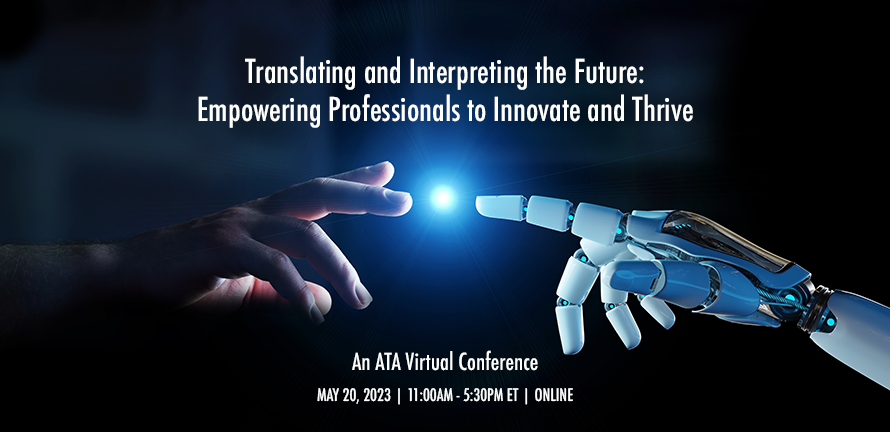
Just one month until the 65th ATA Annual Conference in Portland, Oregon (October 30 – November 2, 2024)! Early bird registration rates have been extended until October 7, so if you haven’t already, register now to lock in that good deal. Standard registration will be available October 7-14, and late registration rates apply after October 14.
Already registered? Wondering what to do on Thursday evening? Join SLD at our annual dinner at 8 PM at the Eastern European restaurant Kachka. Seats are limited and they’re filling up! Check your inbox for information from ATA HQ, or contact Natalia Postrigan to reserve your spot.



 Thursday, October 26 | 6:15 p.m.
Thursday, October 26 | 6:15 p.m.


